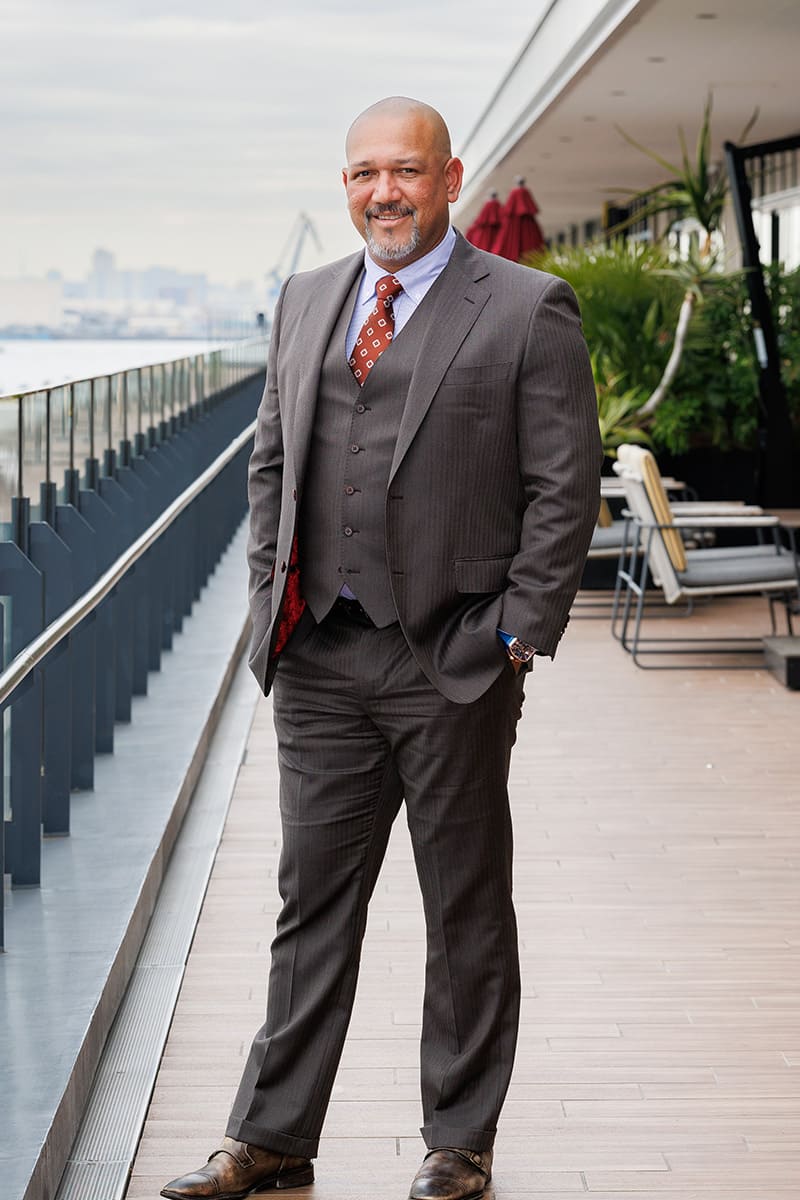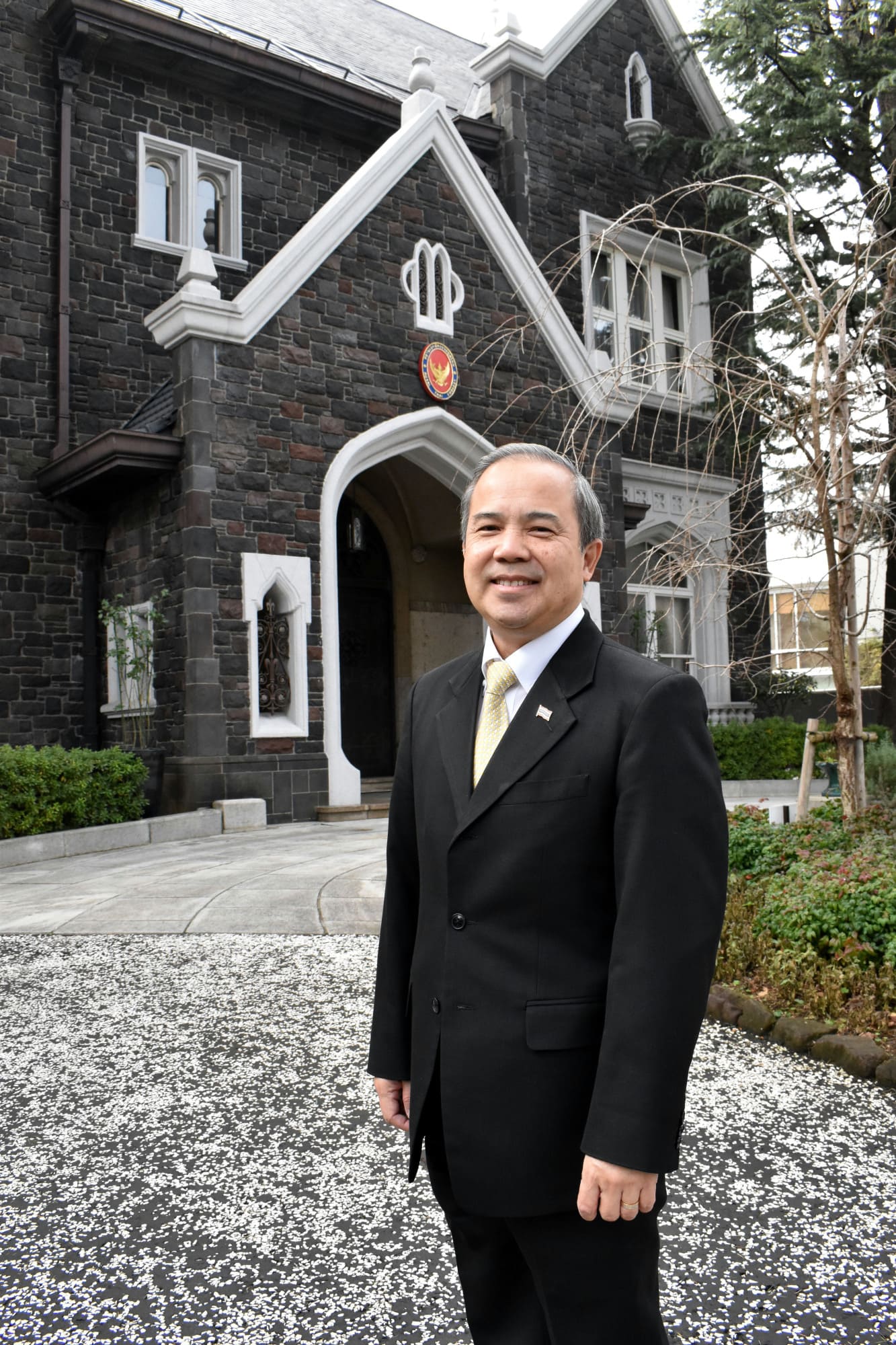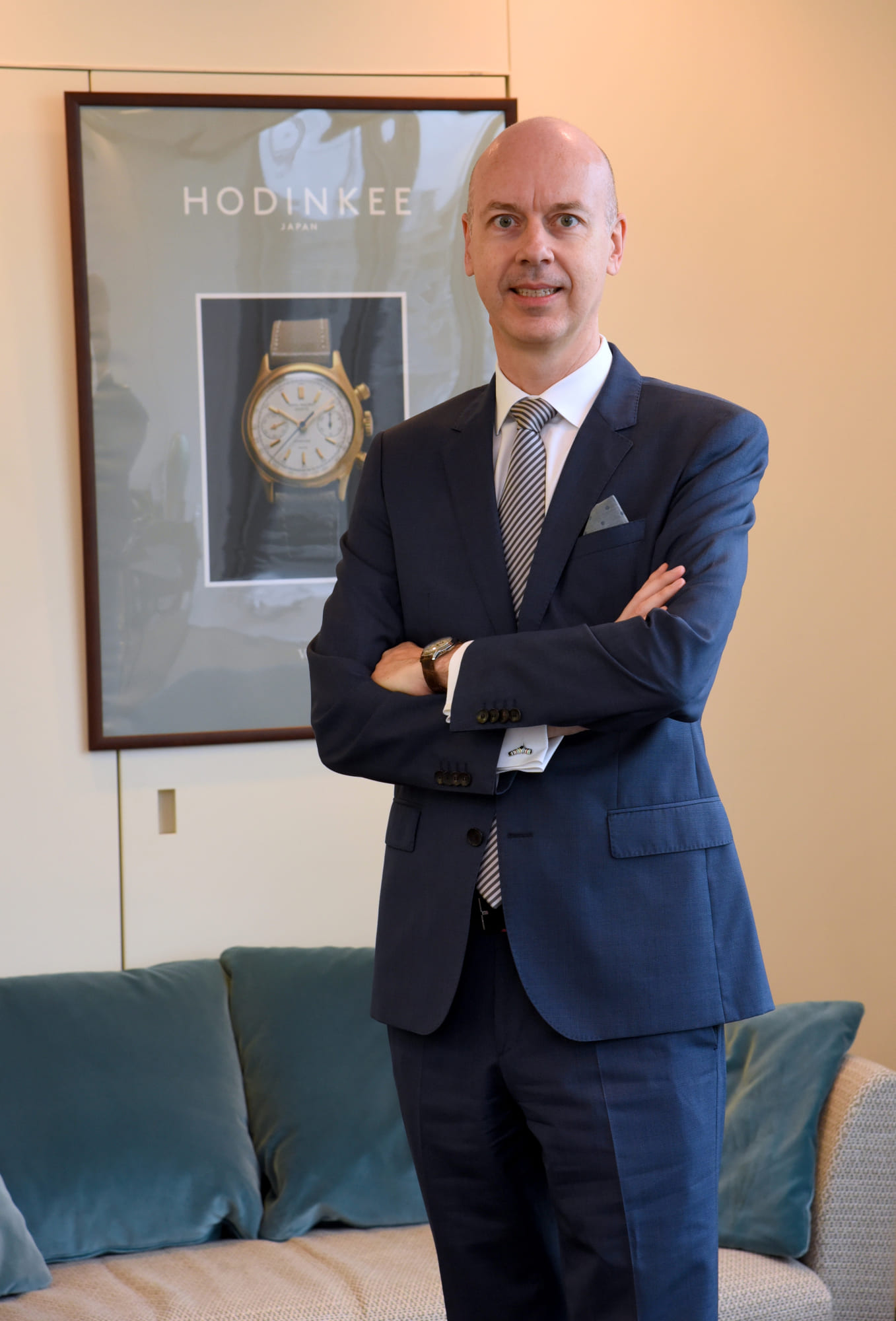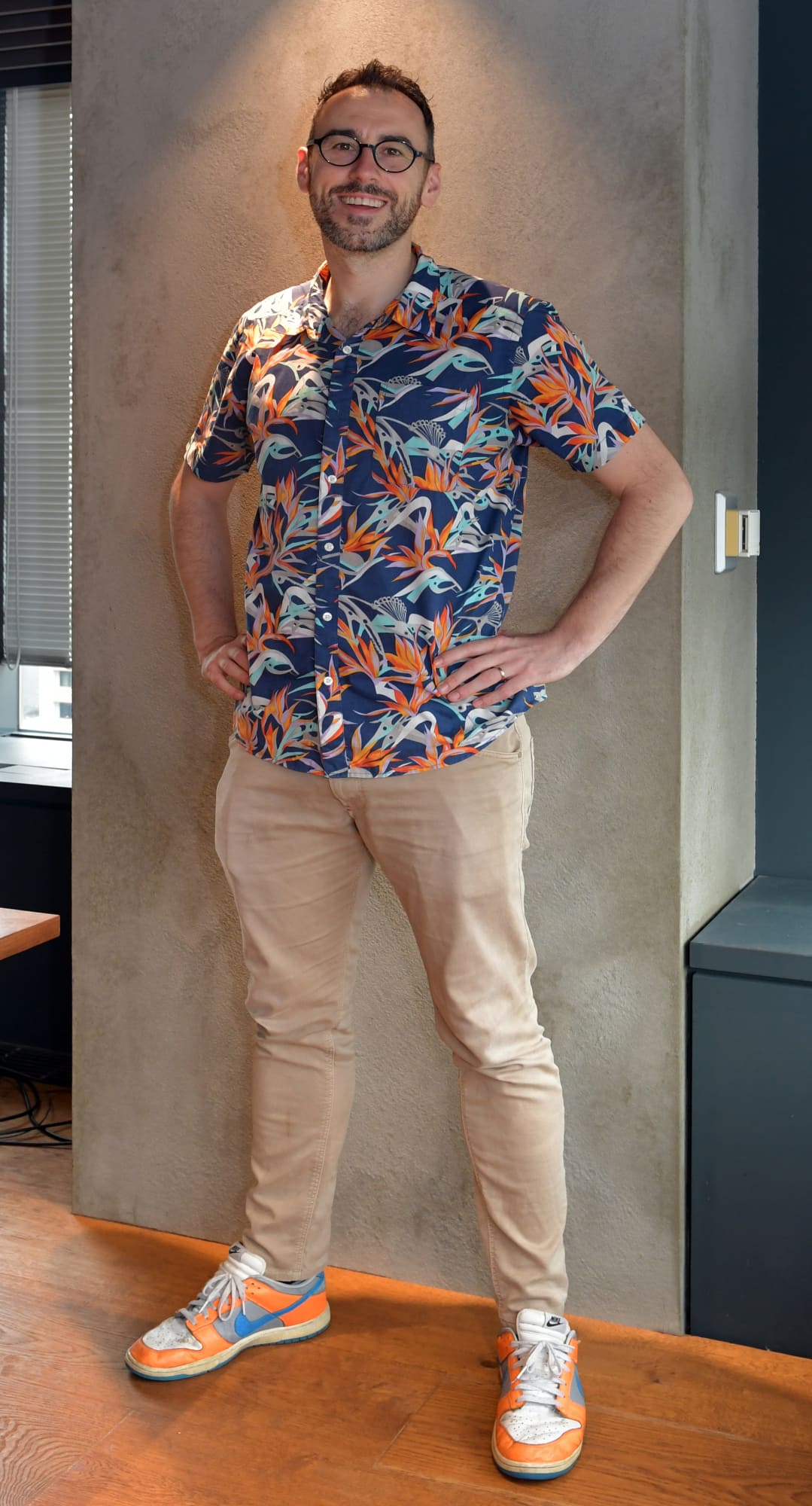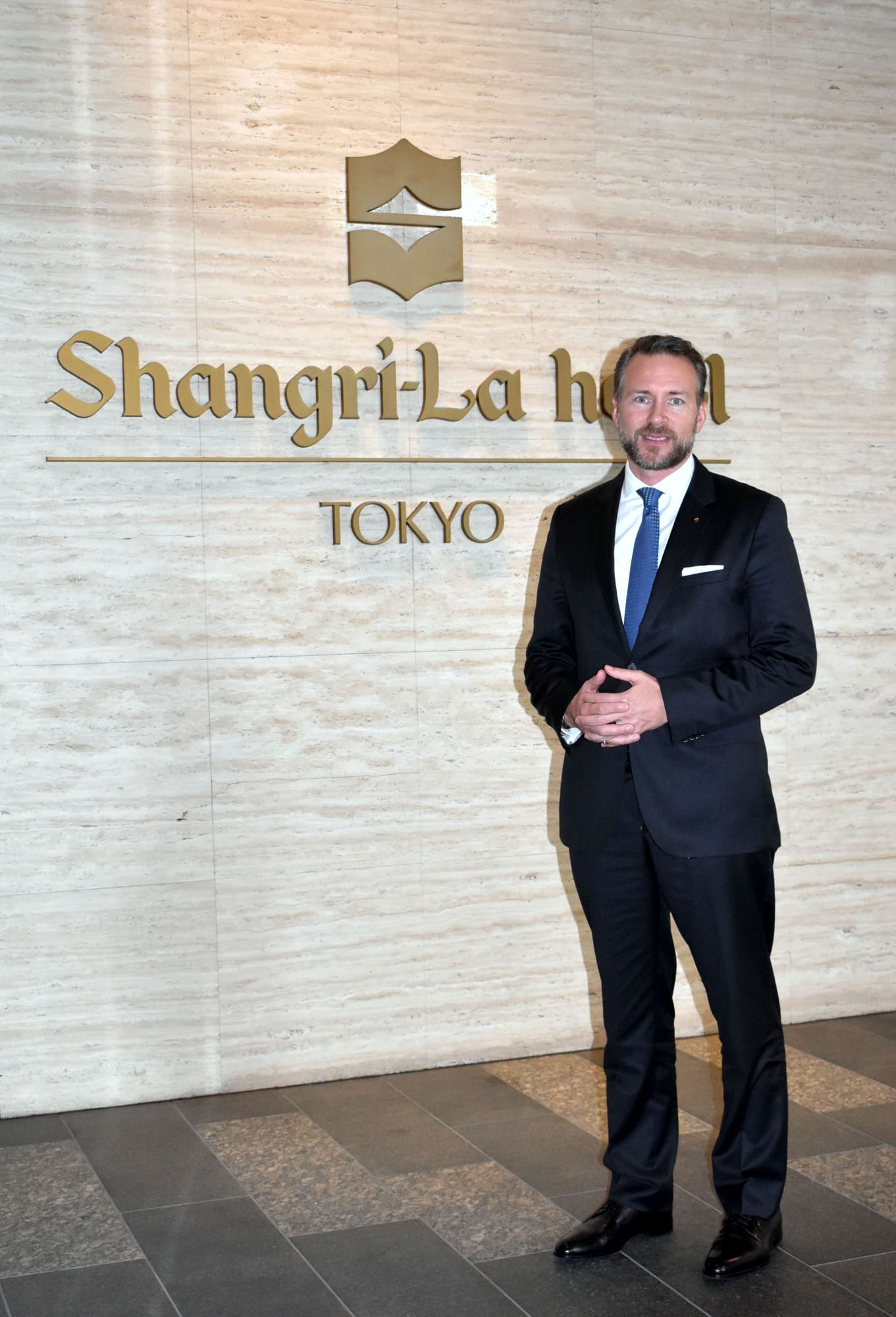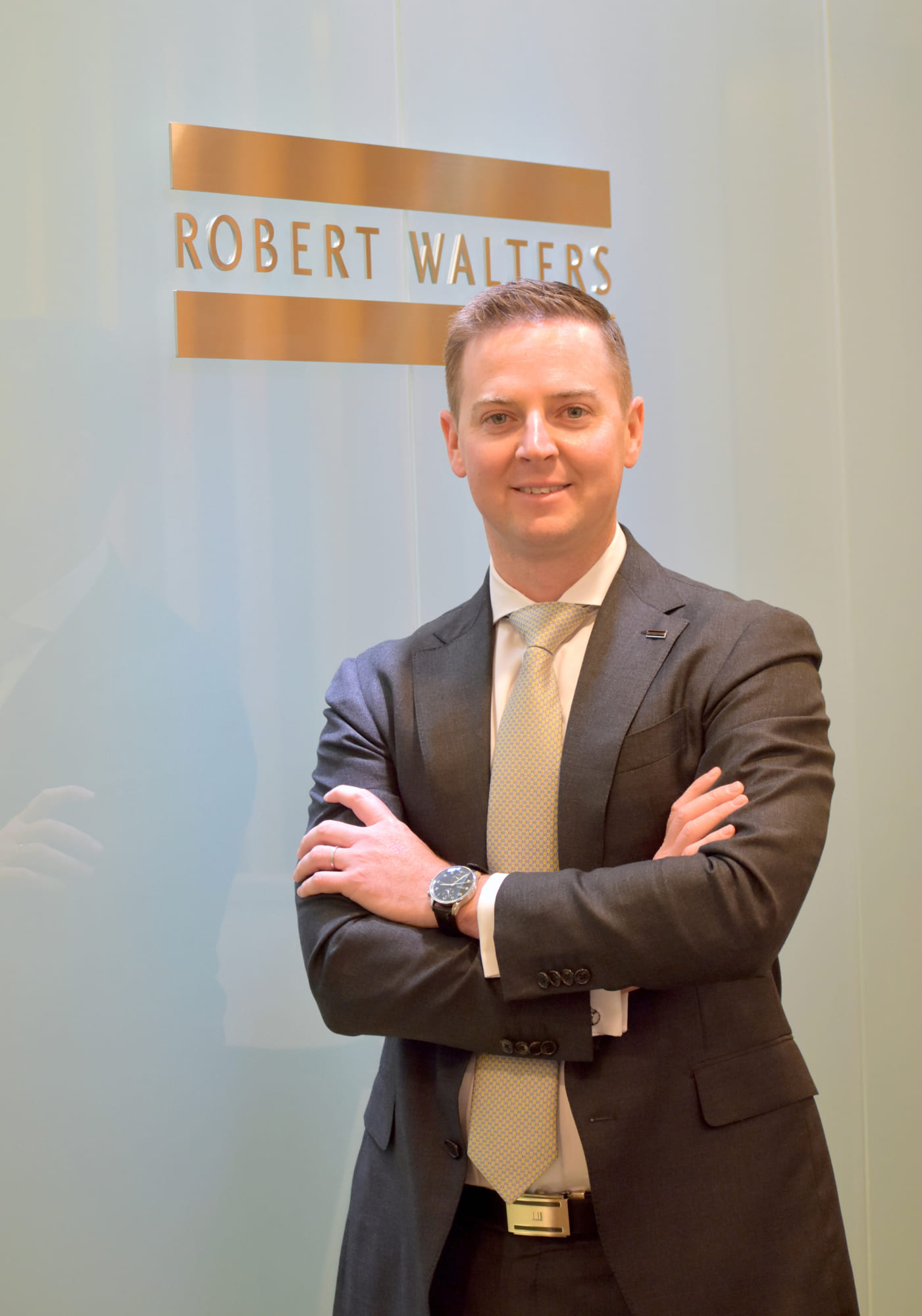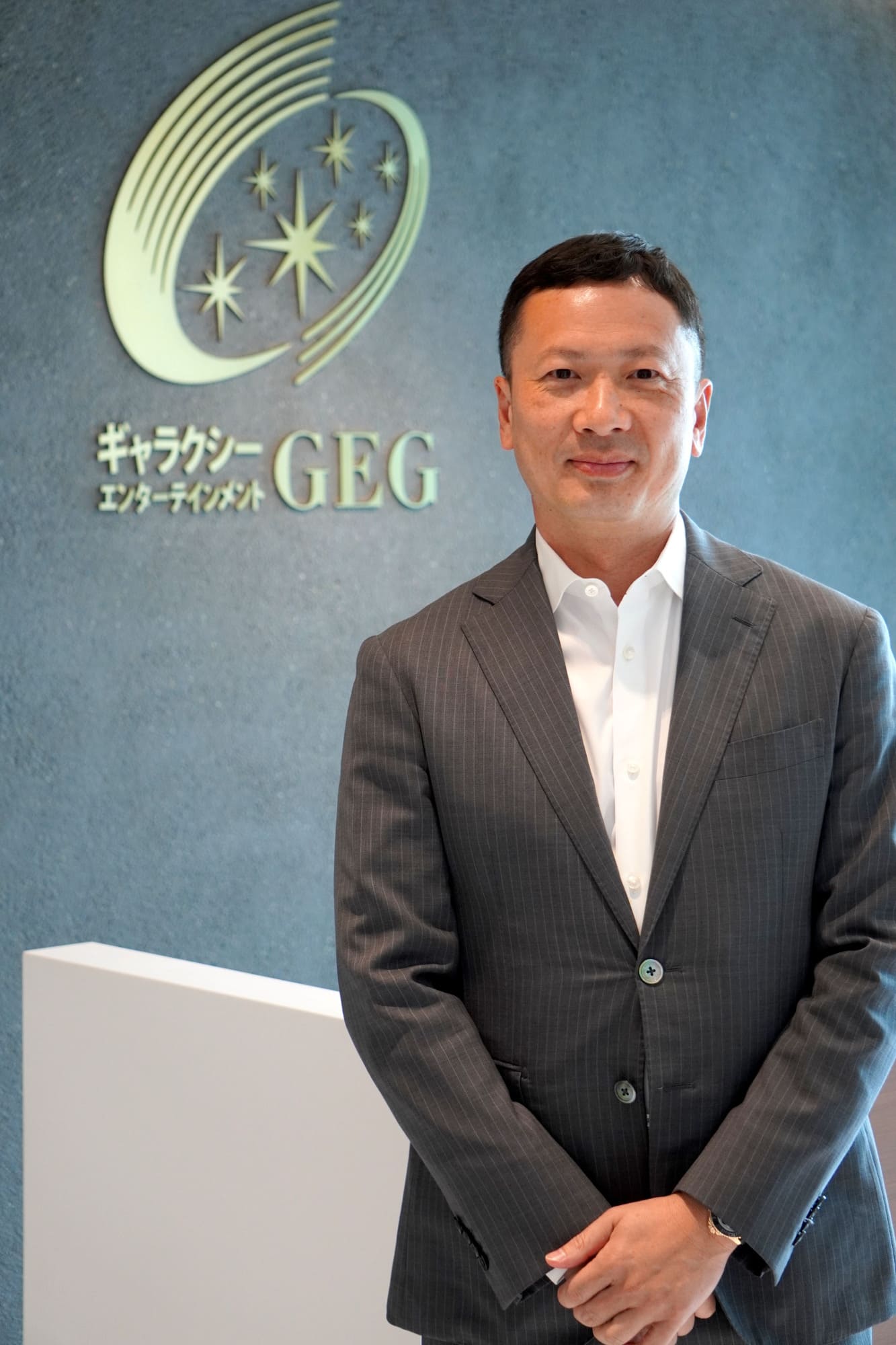
June 02, 2019
Integrated resorts: A game of calculated risk in Japan
Galaxy Entertainment Group’s Ted Chan on gambling, hospitality in Asia
BY JANE KITAGAWA
CONTRIBUTING WRITER
- Name: Ted Chan
- Title: Chief Operating Officer – Japan Development, Galaxy Entertainment Group
- URL: https://www.galaxyentertainment.com/jp
- DoB: Jan. 20
- Hometown: Hong Kong
- Years in Japan: 1
Ted Chan is keen to dispel the idea that gaming is all about hedonistic and excessive risk-taking. To help leading resort, hospitality and gaming company Galaxy Entertainment Group (GEG) establish a foothold in Japan at a time when Prime Minister Shinzo Abe’s coalition government has relaxed its laws on integrated (“casino”) resorts (IR), the former financial manager instead sees calculated risk, logic and analysis being key to both the company’s and his personal success.
“This idea is a misconception, and it depends on how it’s defined,” said Chan from the boardroom of GEG’s offices in Roppongi, overlooking Tokyo Tower. “Of course there is risk-taking as a gambler. But as a company, Galaxy takes calculated risks. We create a platform and provide the tools so that customers can come in and enjoy their games. So if your risk is calculated, analyzed and planned, it’s not a risk after all,” he laughed.
Jumping from the world of finance to that of IR is the self-described most major risk undertaken by the former Hong Kong resident. But again, it was calculated.
“The way that you grow up (to be successful) in Hong Kong is that you go to a great school, university and then enter the ‘proper’ industry — either real estate or finance,” Chan said, adding that he worked diligently to earn his qualifications and build up a good reputation as a financial manager. “Changing industries required a vision and being able to absorb the risks involved,” he said.
When an opportunity appeared allowing Chan to enter the IR industry, he asked gaming industry experts what he perceived to be “simple questions” about IR management, but didn’t always get the “simple answers” he felt he needed. Not burdened by preconceived notions about the industry and what he was “supposed to do” as a casino resort manager, Chan said he was instead forced to apply his logic and analytical skills when making his career transition.
“I would say that (applying such skills) has been my greatest achievement over the course of my career,” Chan said of his 15-year tenure in the IR business. “Managing a team of people from seven different countries to invent something that hadn’t been seen before in integrated resorts at one job”; navigating the “up- and-down cycle and risks” facing the industry, such as fallout from the global financial crisis of 2007 and 2008, and an outbreak of severe acute respiratory syndrome in 2003; as well as using his development and operational skills while working in Macao to build a casino property with “the largest volume or revenue of its kind in the world” were all examples where Chan described taking calculated risks and putting his analytical skills to good use.
Those skills are now being tested in Japan as Chan navigates GEG’s bid with European partner Societe des Bains de Mer et du Cercle des Etrangers a Monaco for one of the government’s three IR licences. Because such resorts are large-scale entertainment complexes that commonly incorporate hotels, shopping malls and theme parks in addition to casinos, along with GEG’s proven track record in IR development due in part to the company’s origins in construction, real estate and hotel businesses, Chan sees GEG as being a strong contender.
“Even in Japan, if you consider IR and gaming, many (look to) the U.S. and Las Vegas,” Chan said. “But in the last 15 years, (everything) new has happened in Asia. A lot of our U.S. counterparts are actually coming to Asia to learn from Macao. Macao’s (gaming and IR industry is) nowadays five times bigger than Vegas. Outsiders don’t know that. If you work in Asia or in Macao in this industry for one year, it’s perhaps equal to five or 10 years in the U.S. because of the volume handling,” Chan said.
“In Japan, by law, any casino can only make up 3 percent of operations,” Chan said, noting that 97 percent of operations would have to be absorbed by other facilities.
One aspect he feels where GEG can excel is its large-scale hotel management; some of the group’s other resorts feature hotels with over 3,000 rooms. “Nowadays most hotels here in Tokyo and major cities (with typically up to 400 rooms) have over 90 percent occupancy. But it isn’t healthy as this figure means sometimes you have turned down your customer; 90 percent is an average,” he continued.
“A few months ago I saw Maroon 5 at Tokyo Dome; it was a great experience,” said Chan. He added, however, that an integrated resort was also ideal for providing any state-of-the-art concert and entertainment venue. “The sound system, the seats are different level. For a great DJ coming to Tokyo … we can also provide all these facilities for world-class entertainers.”
While casinos are often designed to attract high net worth VIPs, Chan hopes that any GEG-run resort built in Japan will become an attraction in its own right because of such accommodations and ancillary offerings. He sees any Japan-based resort becoming a two- to three-day family fun destination for domestic and Asian-based clientele. He pointed to the success of resorts in Macao and Singapore, which include theme parks, entertainment stadiums and in some cases, their own beach. With everything “in-house,” transportation that ends at certain hours would not be an issue.
While somewhat ebullient about his company’s prospects in getting an IR license, Chan knows that decisions are still very much up in the air and there is still much work to be done. “I need to hire a couple more seasoned executives to help me out in terms of the bidding process; hopefully this year when the central government has more clarity on the timeline,” he said, smiling.
Extensive experience lends to current role
Ying Tat Chan, aka Ted Chan, is chief operating officer of Galaxy Entertainment Group — Japan, responsible for overseeing the development of future integrated resort projects in the country. Chan has extensive experience in the integrated resort business from investment, through to development and operations. Prior to joining Galaxy Entertainment, Chan was the chief operating officer of Melco — one of the six concessionaires in Macao. During that period, Chan oversaw all business units of the group. Previous experience includes senior executive roles with First Shanghai Financial Holding Ltd., Melco, Mocha Clubs and Amax Entertainment Holdings Ltd. Chan graduated with a bachelor’s degree in business administration from the Chinese University of Hong Kong in 1995 and earned a master’s degree in financial management (long distance) from the University of London. His hobbies include tennis (playing and attending matches), taking weekend drives, exploring Tokyo’s restaurant scene and savoring fine wines.

